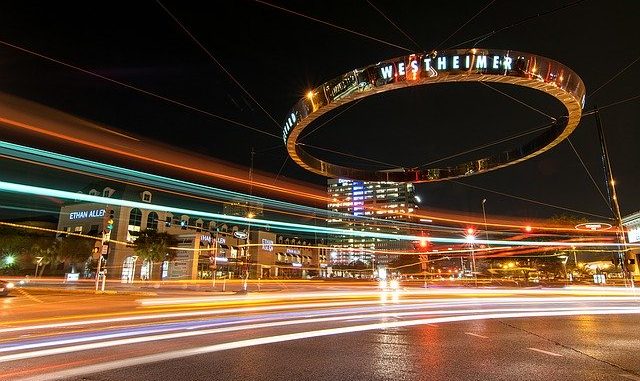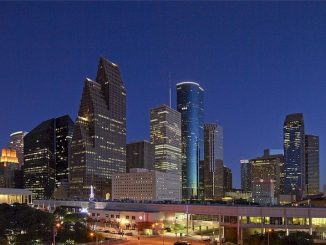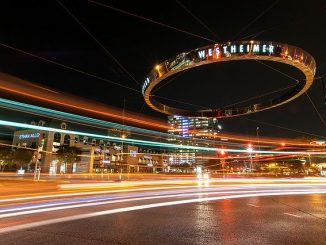
L.M. Sixel has a report on the lack of booming business the George R. Brown Convention Center has experienced since its expansion — taxpayer-financed expansion, of course:
Houston celebrated with fireworks when it kicked off the expansion of the George R. Brown Convention Center and construction of the attached 1,200-room Hilton Americas-Houston hotel four years ago.
The 700,000-square-foot addition, which nearly doubled the center’s exhibit space, would finally make Houston a player in the lucrative convention industry. That, in turn, would create jobs and generate other economic benefits, city leaders promised at the groundbreaking.
But was the city’s investment in the center really worth it — considering the increased competition from other cities that have made similar investments? Was it a wise move — considering, too, that conventions in general have waned in popularity?
You don’t have to be a brain surgeon guess the correct answers. Sixel cites a study that shows business at the convention center fell 69 percent from 1999 to 2003. Of course, city officials have some excuses:
Dawn Ullrich, director of Houston’s Convention and Entertainment Facilities Department, said 2003 was during the construction phase when it was difficult to attract conventioneers.
After a big expansion, it takes between three and five years to ramp up, she said. No one wants to be first to book at a new convention center because of worries that the work won’t be completed on time.
Ullrich said convention business has been improving since Sept. 11, 2001. The fear of traveling is easing, and video teleconferencing still can’t take the place of face-to-face conventions.
But it is a competitive business, more than it was a few years ago, she said.
That’s because every town in America, it seems, has built a convention center. It’s not hard to find articles that document the folly of cities building convention centers and other related projects at taxpayer expense, with the promised return of jobs and other assorted economic benefits. It never works out that way. Oh sure, some people see a return on the taxpayer investment, but it’s never the taxpayers.
And the truth is, conventions just aren’t what they used to be:
Improvements in communications technology, which have made conventions less necessary, and industry consolidation, particularly among hardware and home improvement stores, have also contributed to the decline.
As a result, attendance of the nation’s 200 largest trade shows is about the same as it was back in 1993, Sanders said in the report.
In the meantime, the amount of convention space nationwide has more than doubled since 1990, according to the study.
Making matters worse, to remain competitive, cities invest additional public funds in lavish convention-center hotels, airport expansions and improved public transportation so visitors can get around easily, according to the study.
The bottom line, Sanders said, is that the promise of expanded economic development is not being realized.
However, a hospitality consultant thinks Houston will come out okay:
But Houston will probably do OK looking out to 2007, because it’s taking conventions away from San Antonio and Dallas, Keeling said. But Houston has to build its tourist infrastructure to continue to be an interesting place to visit.
(Emphasis added)
At taxpayer expense, no doubt. And we can guess light rail is included in the tourist infrastructure that must be built.



